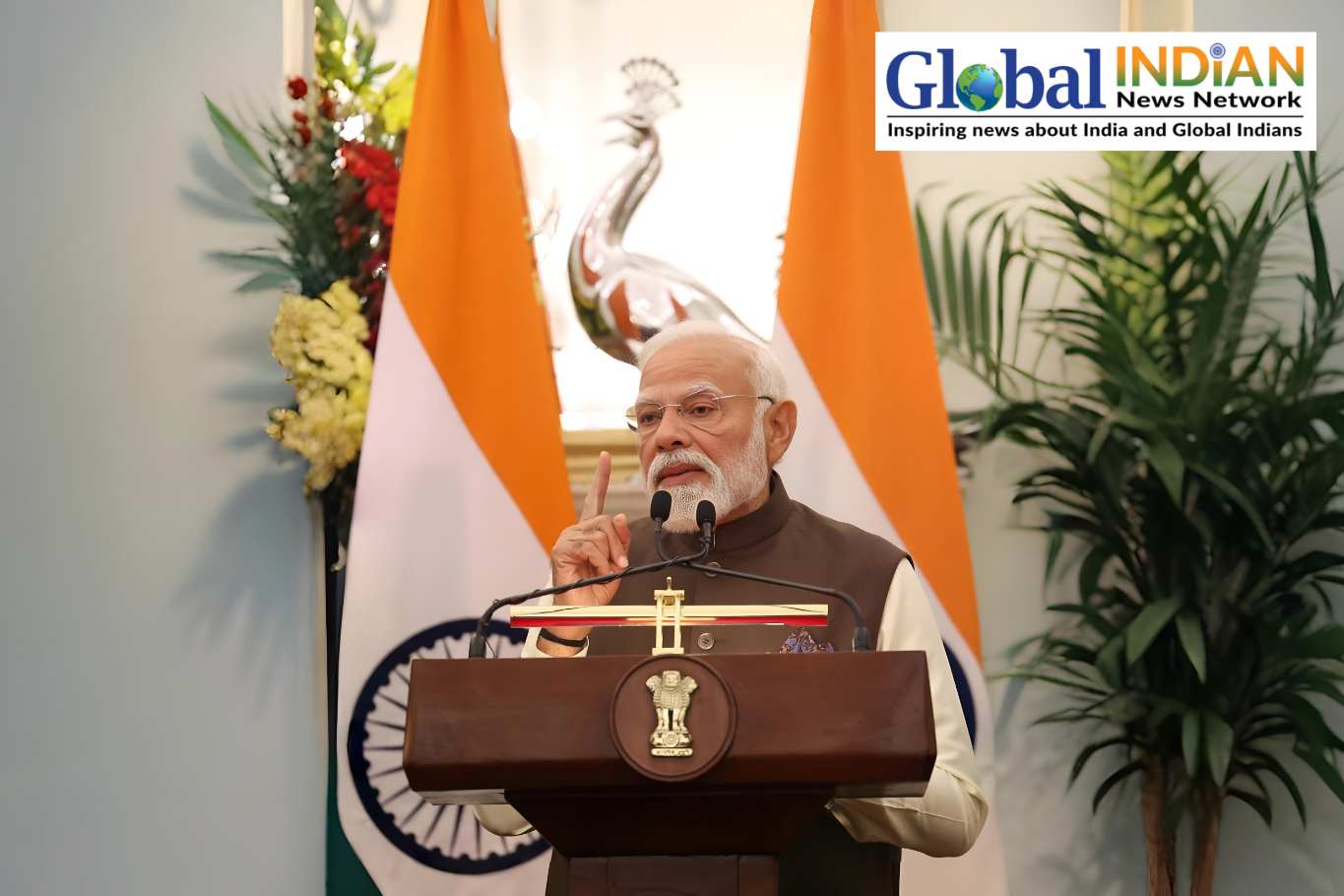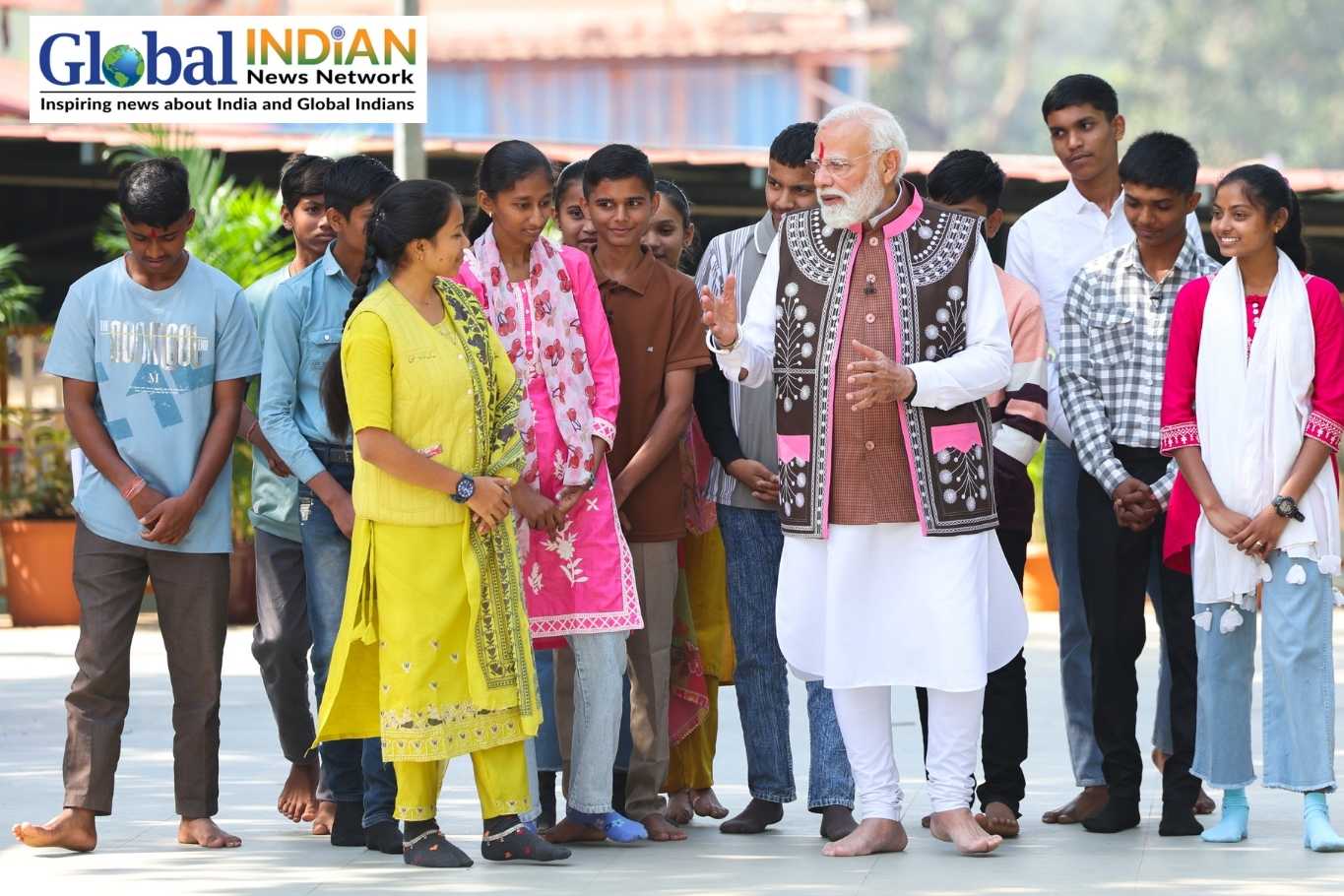
In the initial 100 days of Modi 3.0, the Indian government has made significant strides with the approval of infrastructure projects worth approximately $36 billion. Each project has a designated inauguration date, including the development of Wadhavan Port in Maharashtra, which is budgeted at $9.2 billion, and the expansion of the PM Gram Sadak Yojana to connect 25,000 previously unconnected villages at a cost of $6 billion. Additional investments include $6.1 billion for roads and high-speed corridors, new railway lines, and the construction of three new airports, along with metro projects in Bengaluru, Pune, and Thane.
The government’s focus on infrastructure is expected to stimulate job creation, complementing a $24 billion package aimed at benefiting 41 million youth. Additionally, one million ‘Lakhpati Didis’ now earn $1,200 annually, with 1.1 million receiving certificates in the past 100 days. Other major initiatives include sanctioning three million new homes under the PM Awas Yojana, implementing a Unified Pension Scheme, extending income tax benefits to the middle class, and installing solar power in 250,000 homes.
The administration is also positioning itself as ‘farmer-friendly,’ with total PM Kisan Nidhi payouts reaching $36 billion. An additional $24 billion in benefits has been provided through increased MSP, achieving a record procurement rate of 120% compared to the 33% under the previous UPA government. This approach aims to cover 82% of farmers’ input costs and eliminate their loan burdens.
On the foreign policy front, India’s global stature has been reinforced through Prime Minister Narendra Modi’s visits to Russia, Ukraine, Austria, Poland, and Brunei, as well as hosting over 120 nations at the ‘Voice of Global South’ summit. The administration has also enacted three new criminal laws to modernize the criminal justice system, aiming to reduce investigation and judicial delays.
Additionally, the government has marked June 25 as ‘Samvidhan HATYA Divas’ to educate youth about the Emergency period imposed by Indira Gandhi. The introduction of the Waqf Amendment Bill seeks to eliminate appeasement policies and improve the administration and protection of Waqf properties.









